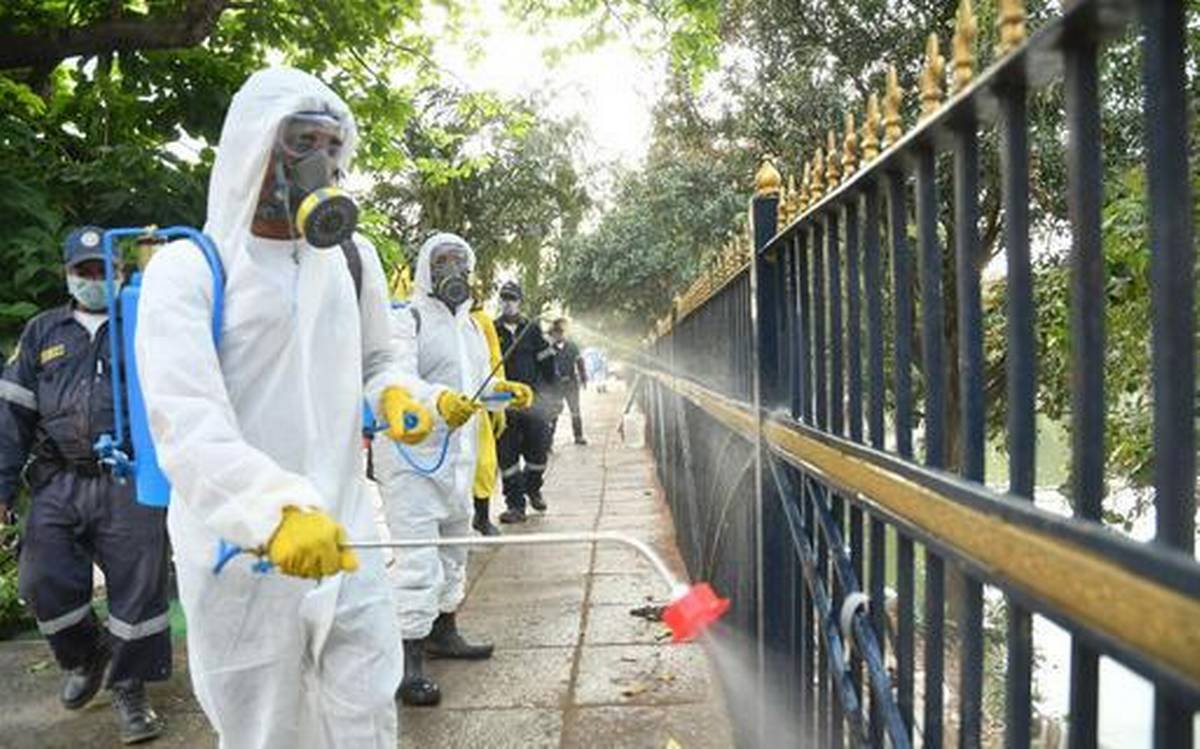According to a new study, people who recover from COVID-19 are protected against the deadly coronavirus for at least six months. The immune system evolves long after the infection and may block even mutant forms of the virus like the South African variant says the study.
The research, published in the journal Nature, has noted that antibodies are produced by immune cells that keep evolving apparently due to a constant exposure to remnants of the virus concealed in the gut tissue.
The study provides the “strongest evidence yet” that the immune system “remembers” the virus and, remarkably, it continues to improve the quality of antibodies even after the infection has waned.
They suspect that the response would be both faster and more effective, preventing reinfection when a recovered patient gets infected with the virus next.
Michel C. Nussenzweig, a co-author of the study from Rockefeller University says, “This is really exciting news. The type of immune response we see here could potentially provide protection for quite some time, by enabling the body to mount a rapid and effective response to the virus upon re-exposure.”
For several weeks or months the antibodies against coronavirus linger in the blood plasma, while the earlier studies have shown that their levels significantly drop with time.
However, the immune system creates memory B cells that recognise the coronavirus, and quickly unleash a new round of antibodies when they encounter it a second time, the researchers showed that instead of producing antibodies all the time.
The researchers suspected that residual viral particles hiding within these tissues could be driving the evolution of memory B cells since the novel coronavirus replicates in the cells of the lungs, upper throat.
The scientists studied the antibody responses of 87 individuals at two time points in the existing study, — one month after infection, and then again six months later.
Although antibodies were still noticeable by the six-month point although their numbers had noticeably decreased, with lab experiments revealing that the ability of the participants’ plasma samples to counteract the virus was reduced by five-fold.
The researchers in contrast found that the patients’ memory B cells — specifically those that produce antibodies against the coronavirus — did not decline in number.
The study noted, these cells also slightly increased in some cases.
The memory B cells had gone through numerous rounds of mutation even after the infection resolved, the scientists discovered.
The study suggested, the antibodies they produced were much more effective than the originals.
These antibodies were better able to latch on tightly to the virus, and could recognise even mutated versions of it, according to the researchers.
“The overall numbers of memory B cells that produced antibodies attacking the Achilles’ heel of the virus, known as the receptor-binding domain, stayed the same,” said Christian Gaebler, another co-author of the study
“That’s good news because those are the ones that you need if you encounter the virus again,” Gaebler said.






